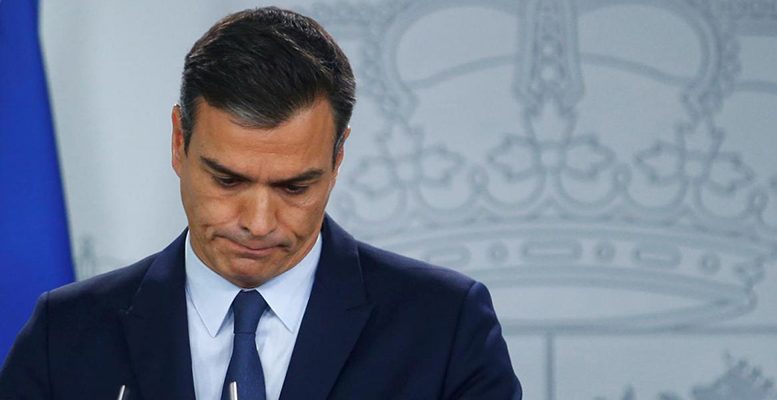The AIREF (Independent Authority for Fiscal Responsibility) warns that the Government’s forecasts are unrealistic and the 2022-2025 Stability Programme “should be more explicit”. During the organisation’s press conference, attended by its president Cristina Herrero and those in charge of budgetary and economic analysis, they warned that the Plan sent to the European Commission on 29 April has “serious shortcomings”. The reason is that despite the fundamental role that the Government gives it in growth, it does not detail the Recovery, Transformation and Resilience Plan.
The Director of the economic analysis division of the Airef, Esther Gordo, has bluntly said that in the face of such a “complex economic context” more information should be provided on “the assumptions and hypotheses of the Government to incorporate it into its scenarios”. She stressed that the Stability Programme has hardly any information on the impact of the plan. “They only say that it is a vital element and that it will have more impact from the second quarter of 2022, but they add very little information”.
Nor does it detail the measures to contain debt. And the organisation warns that this will increase significantly from 2025 onwards if the structural deficit of 4% is not reduced. Without a serious fiscal adjustment plan, if revenues do not increase significantly and spending is not reduced, the Airef forecasts debt of over 140% in 2040. “This will keep Spain in a situation “vulnerable to a tightening of monetary policy”, according to AIReF, which speaks of a “fictitious margin” in spending.
According to the data provided, the pandemic has aggravated the structural imbalance of the public accounts by 8 billion euros. Sources from the organisation insist that neither the fiscal nor the macroeconomic data tally with the stability programme designed by the government and sent to Brussels a fortnight ago. Hence Cristina Herrero, who has insisted that they have to provide “alternative data in the absence of official data”.
She also made a series of recommendations to the government. One of them is the design of a medium-term fiscal strategy. “It is necessary to design realistic, credible paths and they must be fulfilled because otherwise we would end up with a discrediting of the national and European frameworks such as the one we are witnessing at the moment”, the president denounced. This is a request that Airef, as she wanted to point out, has been making since 2020. And appealing to rigorousness, she called for “self-discipline” from the government to force it to “establish references that are more in line with the economic reality of the moment”.
The Airef head has even described the dialogue with public administrations as “exhausting”, especially in view of the organisation’s insistence on the need to create a medium-term fiscal strategy. The government always claims that with this uncertainty it cannot plan, but according to Cristina Herrero, “the uncertainty may never go away, and we may go our whole lives without planning”. She criticised the government which, as she explained, always ends up with the same response when it receives its recommendations: “it’s not the right time”. This, in her own words, is “utter drivel”.





